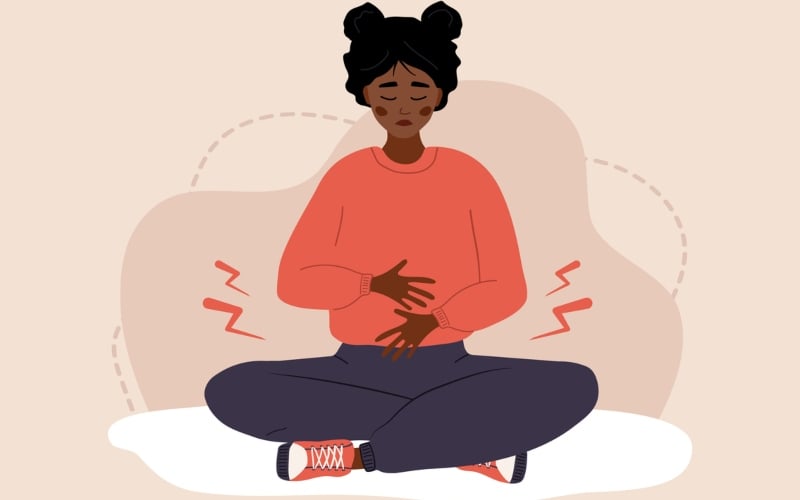CANNABIS CULTURE – How South Africa’s first members-only cannabis club fell to police violence (and what they plan to do about it.)
Neil Liddell is the founder of The Haze Club, South Africa’s first member-cannabis club.
The Haze Club launched after South Africa decriminalized cannabis in 2018. The club thrived in the community for more than two years – until October of 2020 – when police raided the building, tore down grow equipment seized plants and arrested Liddell. The Haze Club was forced to suspend operations – devastating the local community.
Now, Liddell is challenging South Africa’s cannabis laws in the country’s highest court. On the compassion club’s instagram profile the group states their position “boils down to a simple argument: we maintain that it is your right to employ someone ((i.e. The Haze Club) to grow your cannabis for you.”
Liddell says the strict reality of decriminalization has fallen far short of government promises.
Domestic growers have been left with a leash around their necks. At the heart of the conflict is the South African government’s stance that THC does not operate in a private space. So, if members of the public can join a cannabis club, it becomes a public place.
‘Really, what they are saying is [that]you are not allowed to grow cannabis on
behalf of someone else, even the disabled,’ Liddell says.
In this one-on-one interview, Liddell talks to Cannabis Culture (CC) about his quest for justice.
CC: Essentially, you are the one that has taken South Africa’s government to a court or it’s
them?
LIDDELL: Yes, I am seeking a declaratory order from The High Court of South Africa, declaring
The Grow Club Model legal under the 2018 amendments to South African law legalizing the
private use and cultivation of cannabis.
CC: When you launched your model of growing cannabis for private members, at the height of
your success, how many members did you cultivate for? Were all South African based or do you
have overseas clients?
LIDDELL: We were a very small club offering craft indoor growing services. At the time of the
police raid on our club, we had under 200 members.
CC: This interesting model of yours: growing cannabis for members, what was its benefit rather
than simply you growing cannabis on your own and selling it away?
LIDDELL: Selling cannabis remains illegal in South Africa, however growing for personal use is
now legal. For this reason, The Haze Club was set up to offer those who cannot grow for
themselves (for whatever reason: perhaps someone is disabled, or works long hours, etc.) the
opportunity to exercise their constitutional right to cultivate cannabis for their personal
consumption. The Haze club simply grows on behalf of its members.
CC: When the police raided you: how many losses did you suffer?
LIDDELL: All member plants were lost as well as all our equipment. The police were quite
violent in their dismantling of grow rooms, so it remains to be seen what equipment survived if
any.
CC: If you are successful in your court bid, restarting THC will not be a simple nor quick
undertaking. The state can appeal, adding to an already lengthy legal fight. Why does the South
African state appear so overzealous to fight you to the end?
LIDDELL: That is an interesting question. Currently, the government has plans to legalize
commercial and recreational cannabis (including grow clubs). So, it makes no sense why they
would oppose this. One explanation is that government is a multi-headed beast with each head
acting independently of the other. While some of these departments (including the president’s
office) are trying to push legalization, others such as the police and justice and correctional
services are trying to oppose it. In our case, the only departments opposing are indeed these
two. The Police nonsensically argue that legalizing grow clubs would be too onerous to police
as they resemble illegal operations. This makes no sense, however, as licensed medical
operations also resemble the same. And if these are legal and not too hard to police, then why
not grow clubs?
CC: You claim police vandalized your equipment during the raid. What precious items,
specifically, were damaged?
LIDDELL: Grow Equipment: LED lighting, Dehumidifiers, Air Conditioners, Automated Irrigation
Systems, CO2 systems, etc.
CC: The cannabis that was under your care during the police raid, was it confiscated?
LIDDELL: Yes.
CC: Your case illustrates the confusion of South Africa’s cannabis scene. The courts made this
big ruling legalizing cannabis cultivation but operationalizing the ruling means growers like you
have been criminalized. Why is there so much confusion in South Africa’s cannabis legalization
scene?
LIDDELL: It’s because there is no actual regulation or legislation governing private or commercial
use of cannabis. The landmark court ruling in 2018 gave the government 2 years to do this, but
it has been close to four years now and nothing has been done. Until there is clarity in
legislation there will continue to be confusion.
CC: In short, who is Liddell?
LIDDELL: Neil Liddell is the founder of The Haze Club, one of the early cannabis grow clubs in
South Africa. I’m also a host of the podcast “African Gold.”
Follow Cannabis Culture for the latest on this developing story. You can also follow the continued struggles and triumphs of the Haze Club’s (court battle included) via the compassion clubs instagram profile, agency website and YouTUbe Channel Green Fields for All
Original Article










